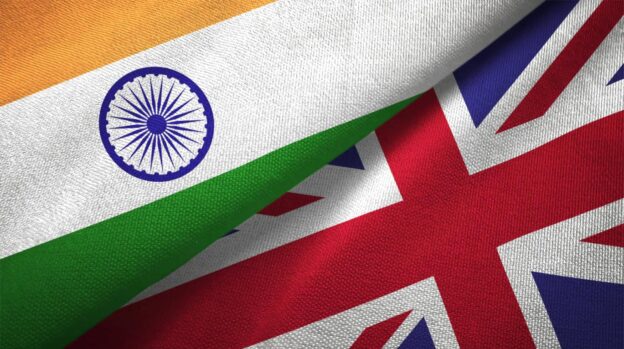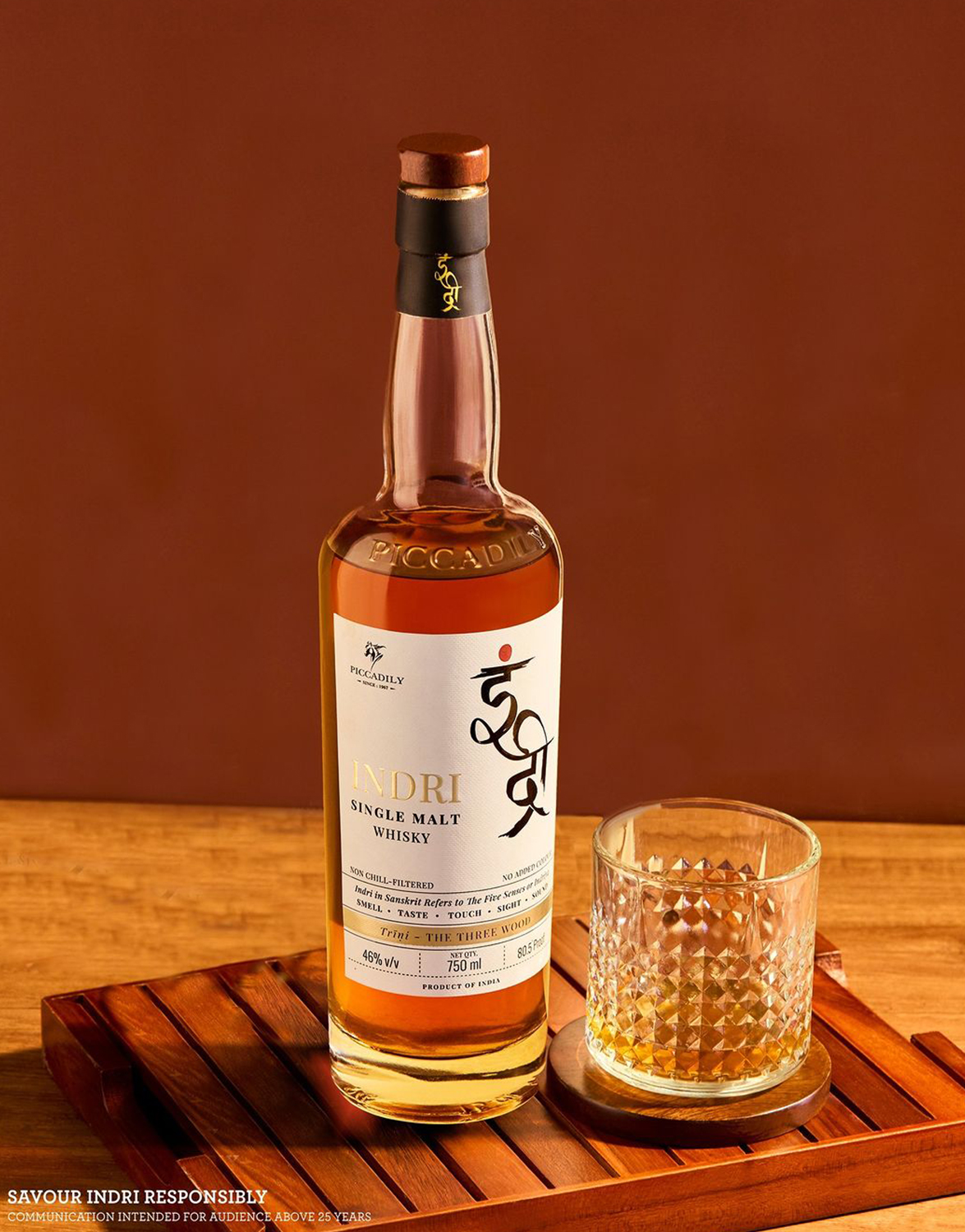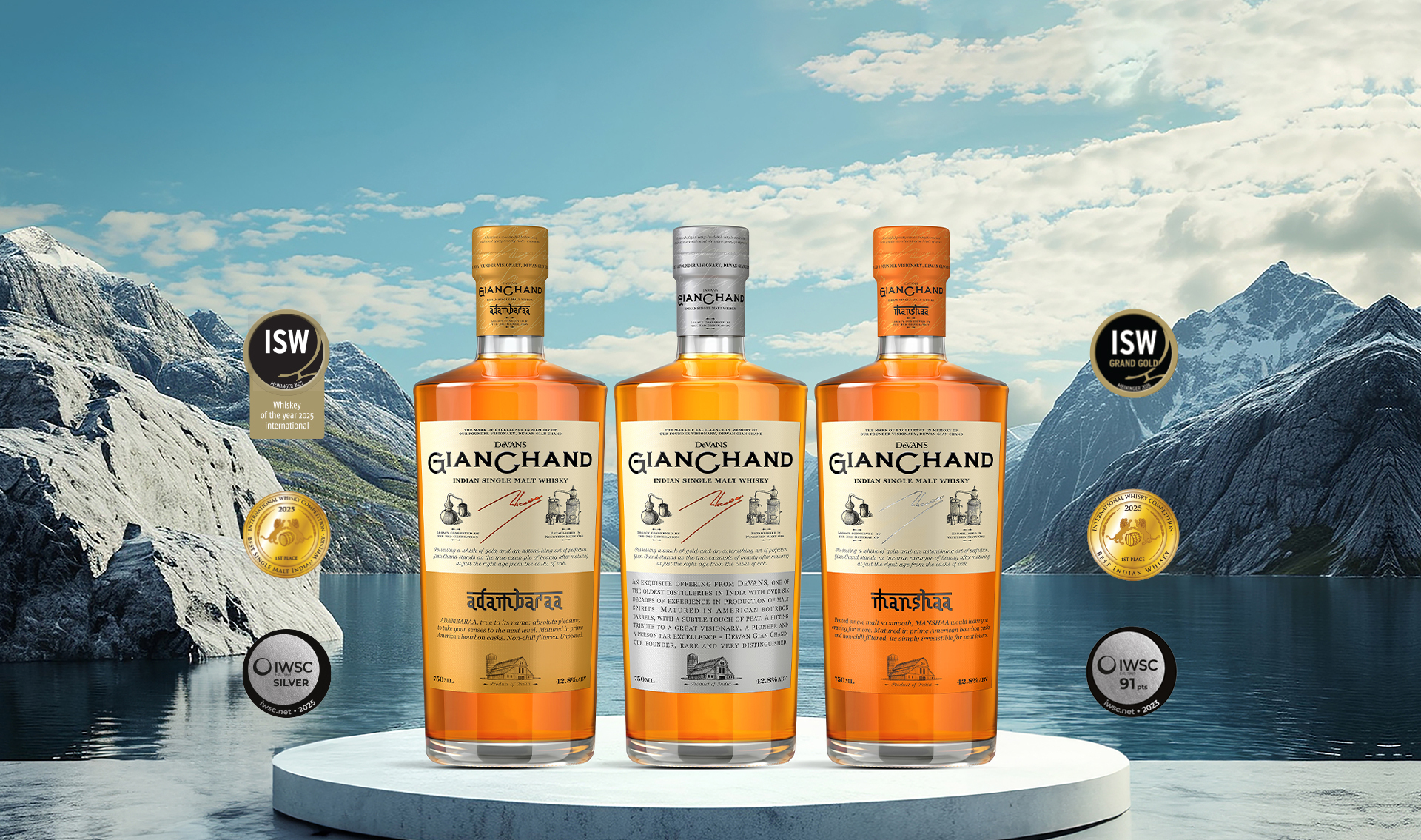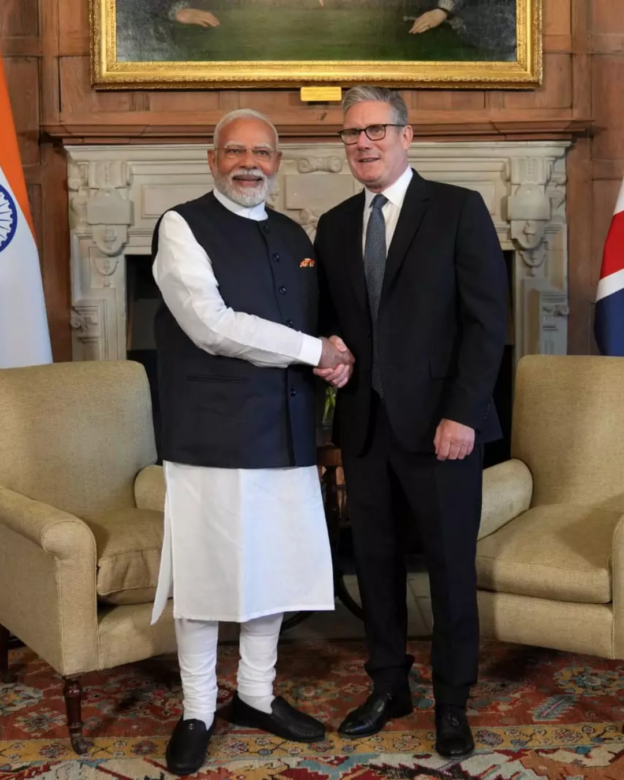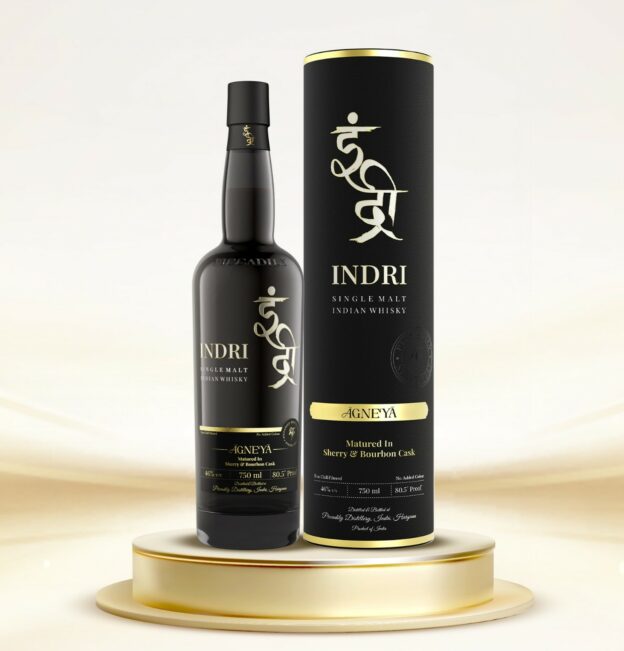India and UK signed a historic FTA recently and while some in the Indian Alcobev landscape lauded and applauded the move for reduction on import tariffs from 150% to 75% on scotches and bulk imports, many are up in arms anticipating the impact it can have on the homegrown products. At Ambrosia we have covered this topic extensively over the past few months and in this article Bhavya Desai spoke to industry leaders to understand and ascertain the sentiments of both, domestic as well as international players. Excerpts:

In a country like India – where the consumer landscape is witnessing a paradigm shift and premiumisation atop of most manufacturers list, Anant S. Iyer, Director General, Confederation of Indian Alcoholic Beverage Companies (CIABC) says, “Imported Scotch already enjoys a strong foothold in India’s premium segment and with the new India-UK FTA, and Scotch whisky likely to become 20–30% cheaper, the impact could be asymmetric and policy-skewed.”
To substantiate this, he points to the fact that, in 2024, bottled-in-origin (BIO) and bottled-in-India (BII) Scotch collectively accounted for more than 80% of the premium-and-above whisky segment. BII holds 59%, BIO 21%, while Indian-made premium whisky (IMFL) was left with just 20%.
The concern, as Iyer outlines, is less about competition and more about a ‘policy imbalance’. Imported whiskies already enjoy tax and label registration fee advantages in many states like Maharashtra, Kerala, Odisha and Delhi. And he urges that, “States should now remove the discriminatory policies vis-à-vis IMFL compared to BIO brands.”
As Scotch becomes more affordable, Indian premium brands – especially in the ₹1,200–₹2,500 segment – may find their shelf space and margins under pressure. And according to him it is not just whisky, but also the premium Indian gins priced between ₹800 to ₹3,000 could also feel the squeeze.
While the jury is still out on the longterm impact, but he could be right – if makers take the same route as the Americans. Sources close to Ambrosia state that atleast 2-3 bourbon companies are likely to set up a bottling plant in India following its reduction to 50% this year. Whether they are able to capture the imagination of the consumer, remains to be seen, considering the bourbons aren’t very popular amongst Indian consumers.
However, to counteract potential market flooding, Iyer emphasises the need for a Minimum Import Price (MIP) of $4 per 750ml for BIO spirits and higher thresholds for wine. “Without this safeguard, cheaper imported spirits could flood the market, undoing years of progress by Indian premium brands.”
But Indian spirit makers aren’t backing down.
“Our members are ready to compete, but on fair terms,” says Iyer. Strategies range from enhanced consumer engagement to stronger retail execution (RTM) and even launching new premium SKUs. “The consumer will be spoiled for choice as FTAs materialise,” he adds.
And what’s interesting is that Indian Single Malts like Amrut, Rampur, Indri, Gianchand and others have already begun outselling Scotch Single Malts in India. “Our brands are winning international awards and are now on duty-free shelves globally,” Iyer notes, calling for removal of non-tariff barriers (NTBs) to help Indian brands expand into developed markets like the UK, EU, and Australia.

A sentiment echoed by Sanjit Padhi, CEO, International Spirits and Wines Association of India (ISWAI), “As Indian Single Malts gain global recognition, improved market access can create mutual benefits, just as Scotch whiskies gain better accessibility in India, Indian whiskies can expand their footprint abroad.”
What India has to Say?
But not all of the Indian companies are concerned with the FTA. Ideally the bigger the better.

For instance, Abhishek Khaitan, Managing Director, Radico Khaitan Ltd. takes a pragmatic view. “The FTA signals a momentous growth opportunity. As one of India’s largest Scotch importers, we expect strategic and cost advantages, particularly with requirements estimated at ₹250 crore in FY26.”
And that figure of ₹250 crore is surely inclined to tip the scales for the better for Radico.
Khaitan also believes that lower duties could accelerate premiumisation in the domestic market. “This agreement is a win-win – empowering Indian enterprises while showcasing India’s excellence on the global stage.”
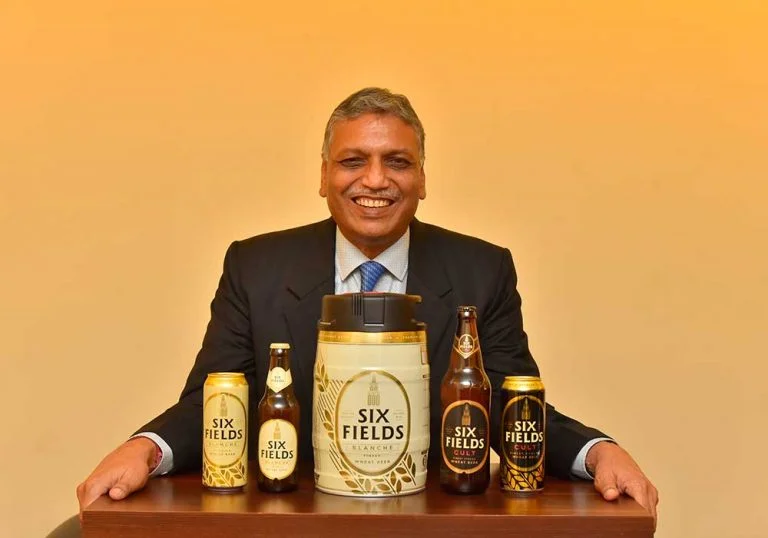
But not everyone is convinced that cheaper Scotch will flood the market. Prem Dewan, Managing Director, DeVANS Modern Breweries notes, “Indian consumers are selective. Indian single malts are already available in all ranges – including premium editions costing over ₹1 lac. We should not assume all Scotch whiskies are palatable for the Indian market.”
He adds that bulk Scotch imports for blending could actually enhance Indian whiskies, neutralising the pricing advantage. However, he warns that ‘undue state-level duty advantages for imported liquor, driven by lobbying, continue to hamper domestic players’, a concern highlighted by Iyer earlier as well.
Is Dumping a Possibility?
Like many industries, a question on everyone’s mind is – if dumping cheaper spirits is going to be a possibility and Iyer is unequivocal. “Yes, and it’s already visible. Scotch bottles retail at ₹900-1,100 in Haryana despite high MRPs. That suggests under-invoicing or transfer pricing.”
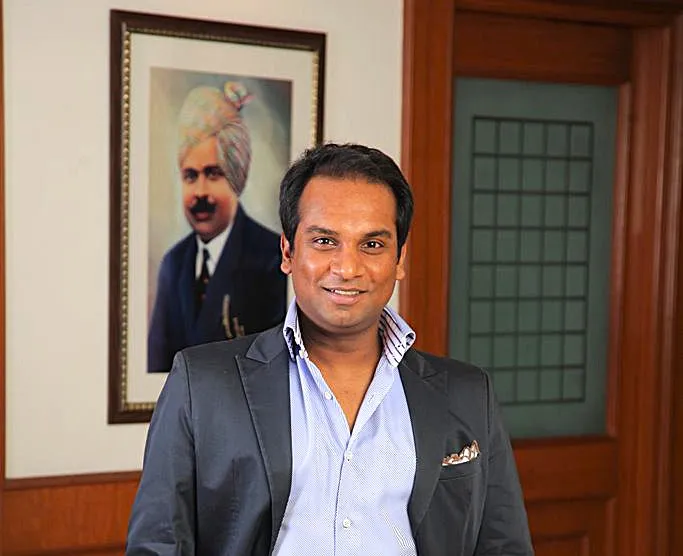
He isn’t alone in this concern. Abhishek Modi, Managing Director, Modi Illva acknowledges that opportunistic brands may attempt price-led disruptions. “Some players might introduce aggressively priced Scotch-heavy blends to lure price-sensitive consumers.” But he also quick to highlight that such moves are short-term and that the premiumisation trend will stay intact.
Modi also stresses that rising input costs (barley, energy) and a weakening rupee already compress margins for Scotch producers. “Scotch isn’t likely to become drastically cheaper in reality. The cost advantage may not even trickle down to consumers due to the rising input costs.”
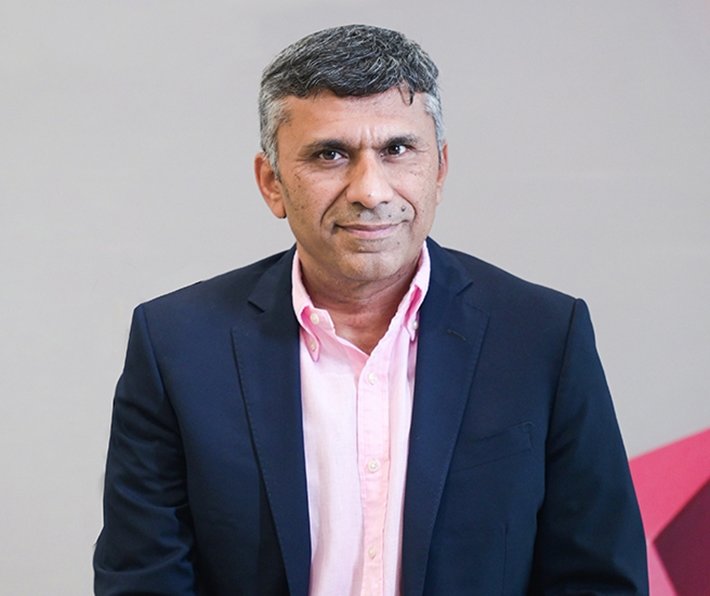
International Players Toast the Opportunity
Understandably, for global players the enthusiasm runs high.
Praveen Someshwar, Managing Director and CEO, Diageo India, hails the FTA as ‘a historic treaty that reignites growth and offers greater choice to Indian consumers’.

And Neeraj Kumar, Managing Director, India, Suntory Global Spirits echoes the sentiment. “This is a pivotal development and it improves affordability and strengthens bilateral trade, paving the way for greater innovation and investment.”
Padhi adds, “The deal will also stimulate growth across ancillary sectors such as hospitality, tourism and retail, while potentially increasing revenue for Indian states. At a macro level, the agreement will leverage mutual synergies and competencies of both nations.”
The Future?
Some industry pundits visualise the distant future, where the duty will reduce to 40% over the next decade as India being the most matured and developed spirits market globally. And if trends are anything – we are surely seeing that push currently.
As Anant Iyer puts it, atleast for the immediate future, “the momentum of Indian brands won’t stop. But we need policy support – both at the Centre and in States – to sustain it”.
The India–UK FTA might open doors to new markets and consumer segments. But it also lays bare the need for a level playing field, long-overdue reforms and robust checks to prevent policy-led distortions.
Whether this agreement becomes a toast to opportunity or a sobering challenge depends on how well Indian regulators, producers and consumers navigate the spirit of the deal.

